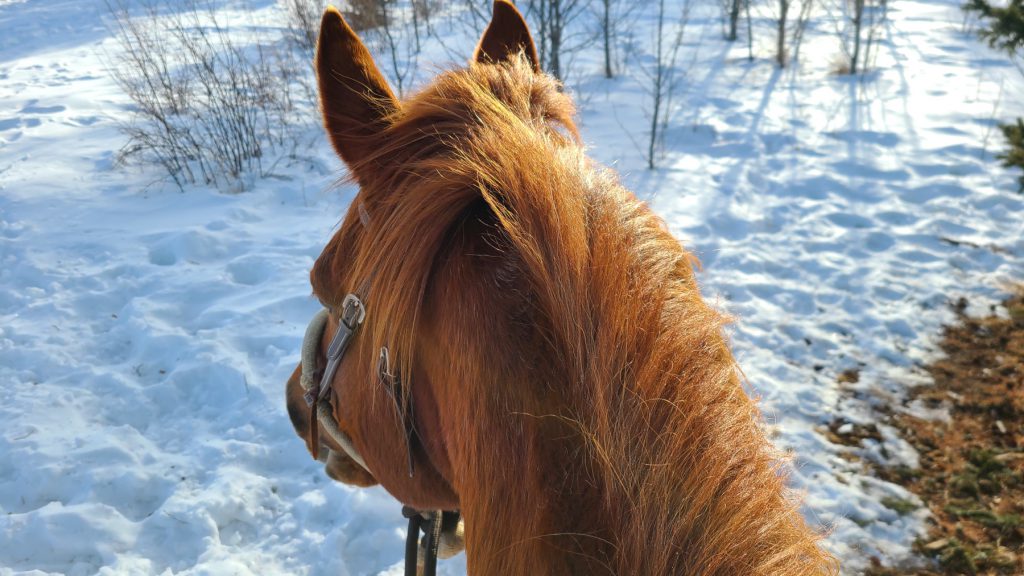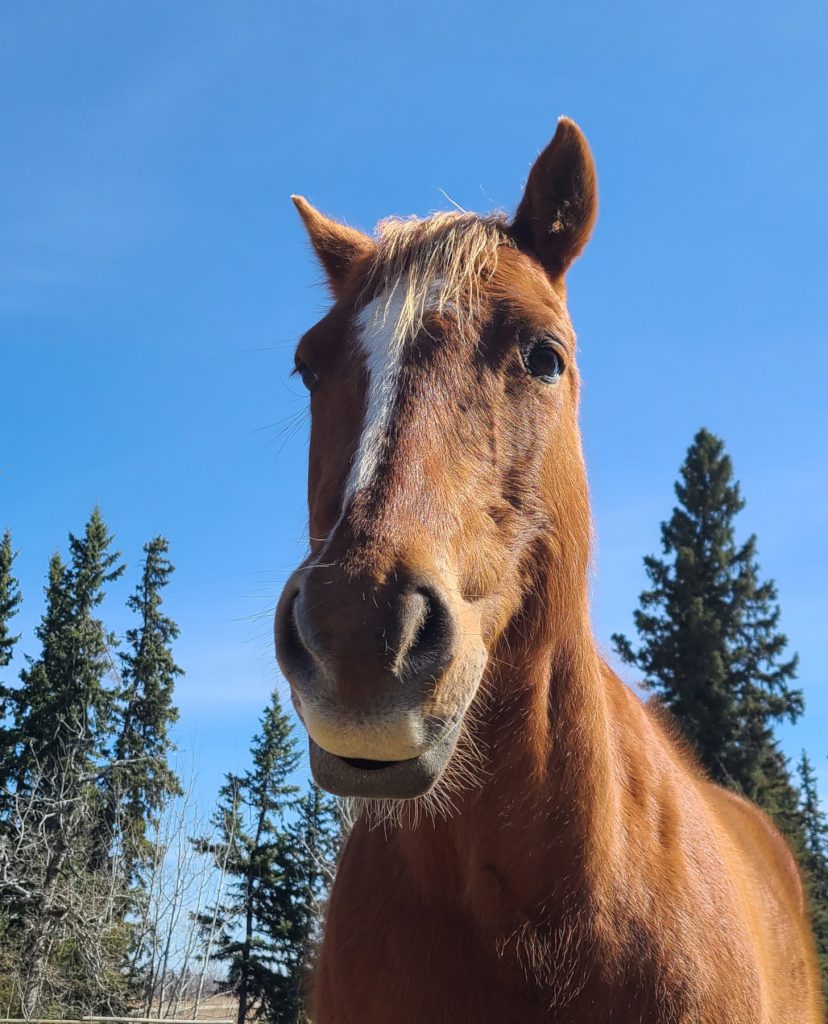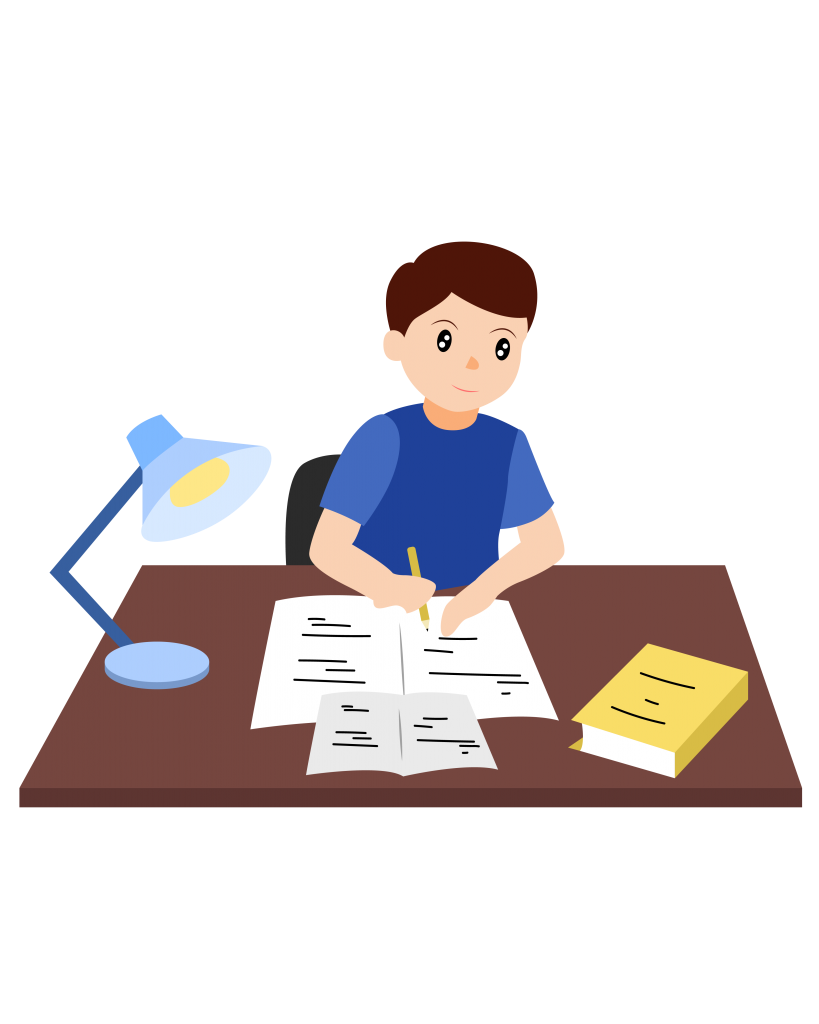When we start learning about something new, we’re relying on the knowledge of others. That’s a rather obvious statement, but have you ever thought about it?
When we literally know nothing about something, we’re a proverbial blank slate that can be written on by anyone. That places us in a rather vulnerable position, one that many people find socially uncomfortable: admitting we know nothing.
When we’re passionate about something – like horses, for instance – we can learn more deeply and quickly because we desire answers to certain questions. We’re like an empty egg carton. Whenever an egg – a tidbit of information – comes along, we already have a place to put it. Contrast that with trying to learn something we didn’t desire knowledge of (maybe half of our school courses?) It may have been hard, because we have no egg carton.

Having an egg carton is a double edged sword. The positive part is that we can quickly attain all sorts of tidbits. The negative side is that, without experience, we have no ability to judge those tidbits on their factuality, practicality or effectiveness.
To put that in to context, let’s put ourselves in the boots of a new rider. We’re on a horse that is having a hard time, for whatever reason. Now, at this point, we don’t even have the knowledge to even conceive that the horse is having a hard time. All we know is that things are not going the way we desire; or the horse is not doing what we want. Our riding buddy says, “Take that rein and yank on it!” And with zero knowledge, we simply do what we’re told.
The problem here is that we’ve just added an egg to our carton. Perhaps a rotten egg. We made an association between the horse’s behavior and our action. So the next time the horse acts in that way, we’ll yank on the rein. An argument could be made that this isn’t knowledge at all; we’ve just programmed a response in ourselves. But have we really learned anything? Anything about the horse? I’d say definitely not. In fact I would say that yanking on a rein as a response to the horse’s action is a very clear sign that knowledge of the horse is not present.
Instead, what if we had asked the question, “What’s going on with my horse?” and the answer we received was, “It looks like he’s really scared.” What would we do then? I’d hazard a guess that we’d ask why. We might receive a response that would prompt further questions, from us, like, “What do I do to help him?” And a supportive answer might follow. When we ask honest questions and get honest answers, we learn.
And hence begin to acquire knowledge.
Consider an action we take. It can be taken with one of two pretexts:
- We’re simply doing what we were told; regurgitating an action that someone else told us to take in that scenario. But if we were asked, “Why did you do that?”, we might be lost for an answer.
- Our action comes from our own knowledge base. We’ve been presented with a situation and using our understandings, we formulate an action that we believe will institute a solution.
The first pretext is very common with initial learning. We are making connections. We’re assimilating responses and ideas from others into our own way of thinking and acting. It’s important that we make a valiant effort to move on from there. If we don’t then, with respect to the task, we’re simply becoming a pre-programmed robot. We can get a long way in life that way – acting without knowing why – but to actually progress; to be able to overcome new struggles when they present themselves, we need knowledge.
Here’s why. If we don’t have a real understanding of the subject at hand – in this case, let’s say horses – then we need to learn a new action for every scenario. If the horse does this then I do this. To make the horse do this I repeat these three steps. Can you imagine the thousands of little things we’d need to learn? The problem with this approach is that it doesn’t allow flexibility and adaptability. Now, that might work if you’re working with machines – each one of which is identical, but it doesn’t work with horses or people because each one is unique.

Reliance on regurgitated responses will ultimately lead to frustration, for the simple fact that they don’t work universally. Knowledge is the answer. When we have a true understanding of something, we can apply that knowledge in unique ways to unique situations involving unique individuals.
This opens another door of thought: we can choose what we want to learn.
In all honesty, I think completely differently about my riding and training than I did when I started out. When I began riding horses I had 100% enthusiasm and 0% knowledge. There were several factors that paved the way to the horseperson I am today. One of those was the decision to take ownership of my knowledge. Instead of waiting for it to come to me, I pursued it. The following is the foundational base for my own knowledge.
Conviction in our Morals and Values
Have you ever been asked to do something – perhaps even in the horse world – that you thought might be unethical or perhaps even mistreatment of a horse? What did you do? Stand up for what you thought was correct? Or do what you were told because someone more experienced than you was telling you to do it? Or all your friends were doing it?
I’ll admit, it’s not easy to stand up for what you believe in – particularly in a situation where you have no alternative answer. That should never stop us from saying, “I’m not comfortable with that. Can you show me another way?”
A few years ago, I taught a clinic at a facility in central Alberta. One of the attendees had a horse that was really shy about her head. Working with her to release tension at the poll was initially tough because she shied away from anything near her face. The young girl who owned the horse said this to me, “She’s really scared around her face because her trainer hit her with a 2×4 and broke her jaw.” When I heard that, I cried. I really did. I was so very sorry that this beautiful animal had been subjected to something like that. I’m so happy that she had that young girl to give her all the love that she could. She was an amazing mare.
What led to that action though? Do you think the trainer got up in the morning, poured a coffee and thought, “I’m going to go out and break a horse’s face with a 2×4!” Unlikely. Actions like that are taken out of frustration. And frustration has at it’s core a lack of knowledge.

There is nothing stopping us from making choices based on a conviction of our morals and values. You’d be surprised at how many people will back you up.
If we don’t know why we’re doing something, don’t do it.
I can remember many years ago, asking someone to talk me though a flying lead change. It was a massive failure; we may have gotten a lead change but I was so busy and unfocused that I likely wasn’t aware that it happened. The reason I struggled is because I had no idea of the why behind each action I was being told to take. “Pull here. Push here.” But why? What exactly does that do? How exactly does that work in context with the horse’s physiology, balance and mental state? And do I even know anything about those?
The best idea is to work at mastering small steps. And certainly not HOW to do them. The mastery of WHY we do them is exponentially more important. The HOW comes with practice.
This can be difficult when we feel we need to get something done right away. Mastery of anything takes time. And mastery of any subject requires a mastery of all the components it’s comprised of.
Amazing Horse Country is dedicated to the pursuit of equine knowledge. In fact, my clinics are all about learning. Not just the how, but more importantly the why. We also have an incredible resource – our video library. Over 150 hours of video for you to enjoy and learn from. One single membership gets you access to all of our content. And we have a free trial. Check it out!
Question everything.
There isn’t a single trainer or coach out there that knows everything about horses. It isn’t possible. Many are exceptionally skilled and conversant in their own style and techniques. Many more are well practiced at the methods of others. One thing that differentiates professionals from the rest – in my humble opinion – is that they’re honest enough to say, “I don’t have the answer to that.”

Ask questions. When I don’t understand something, I’ll ask and ask and ask. “But exactly why does that work?” If we’re asking those questions we need to find the answers because they are standing between us and knowledge. If we can’t get them from the person we’re asking, we need to get them somewhere else. There is honestly nothing that bugs me more than not having a full understanding of how something works, or doing something without knowing why. It’s like an itch I need to scratch.
When we start developing understandings of how a horse thinks and how their body works, only then can what we’re doing with our aids, our body and everything else we use in our riding pursuits make any sense.
Be open to changing your thinking.

Over a period of time I have had to completely change my thinking about riding, training and horse handling. I realize now that much of what I was taught in the beginning was in not only in conflict with my own personal values, but in conflict with what we know about biomechanics and psychology. I had always nurtured the thought that there was something different; something more to horses than the conventional norm. Something that I, as a unique individual, connected with deeply. When I openly pursued that, my horsemanship took a different turn and I’m so incredibly glad for that and the doors it opened.
And that pursuit didn’t come without a few commitments. Feel free to print these out and stick them on your fridge.
- I will always ask questions if I don’t understand. Questioning is incredibly freeing and sometimes addictive.
- I understand that not all knowledge is free and I may need to pay for it. I understand that the cost of true knowledge pales in comparison to the high cost of bouncing between free myths and opinions.
- I will not hesitate to say, “Show me again.” even if I’ve been shown multiple times.
- I will never, when asked why I do something, say, “Because so-and-so told me to do it, ” in effect, passing the buck for a lack of knowledge.
- I will strive to only do something because I truly understand why I’m doing it.
- I will research credible sources that I can fact check and cross-reference with known published and accepted biomechanics and psychology.
Ultimately, how you ride and work with horses should not come from what you were told to do. It needs to be a product of your knowledge. Your understandings. Your growing experience. Your relationships. Your passion for horses.
Scott Phillips
March 2022
